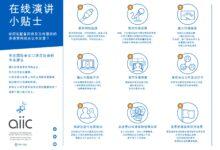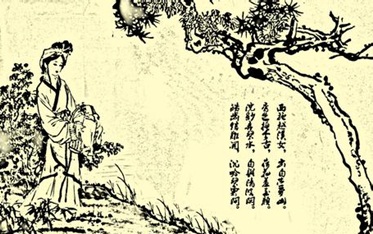直译
直译不仅能再现原文的意义和语言形式,还能保持其生动形象的比喻以及新颖独特的表达手法,既能读者体会原习语的风采,又能丰富汉语表达形式。例如,“条条大路通罗马”、“特洛伊木马”等,便通过直译的方式,进入汉语并成为汉语语言的一部分。
一般而言,英语习语若在形、义上,与汉语习语相同或基本相似的,常可采用直译。
例:
1、to be armed to the teeth:武装到牙齿
2、Time is money:时间就是金钱
3、to shed crocodile tears:掉鳄鱼眼泪
4、as cold as ice:冰冷
5、to trim the sail to the wind:看风使帆
6、Too many cooks spoil the broth:厨子多了煮坏汤。
7、Blood is thicker than water:血浓于水。
直译加注法
有些习语直译,仍无法把原意清楚准确地表达出来, 便可采用直译加注释法。
例:
1、a bull in a china shop:公牛闯进瓷器店–肆意捣乱
2、to shed crocodile tears:流鳄鱼眼泪–假慈悲
3、People considered that what he had played on that occasion was no more than a Judas kiss.
人们认为他在那种场合所表演的不过是犹大之吻–居心险恶。
4、The favors of Government are like the box of Pandora, with this important difference; that they rarely leave hope at bottom.
政府的恩惠如同潘多拉的盒子,后患无穷,主要不同之处是:盒底很少留有希望。
5、The best fish swim (are) near the bottom.
好鱼居水底–有价值的东西不能轻易得到。
6、Fish begins to stink at the end.
鱼要腐烂头先烂–上梁不正下梁歪。
7、If two ride on a horse, one must ride behind.
两人骑一匹马,总有一人坐在后面–两人参加的事只能一人为主。
8、The apples on the other side of the wall are the sweetest.
隔墙的苹果最甜–这山看着那山高。

















